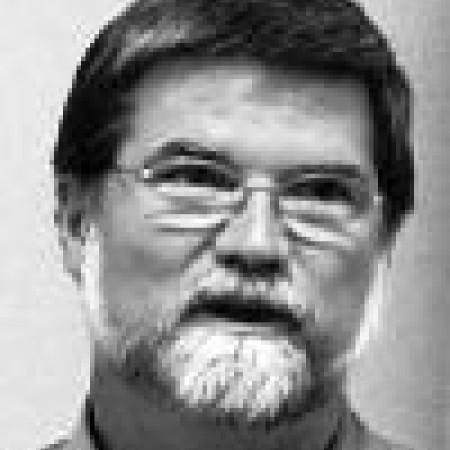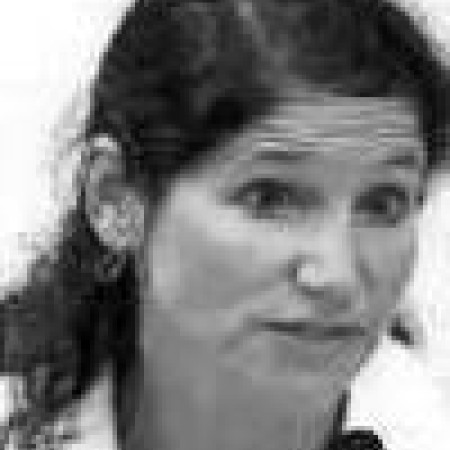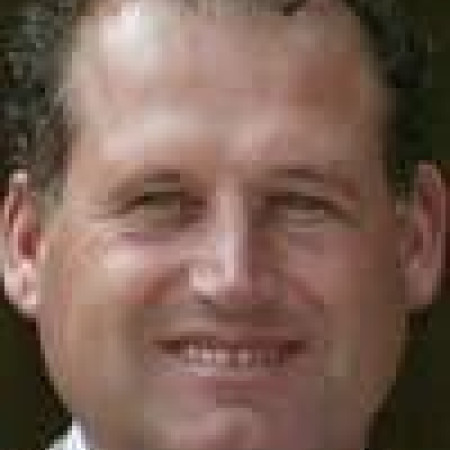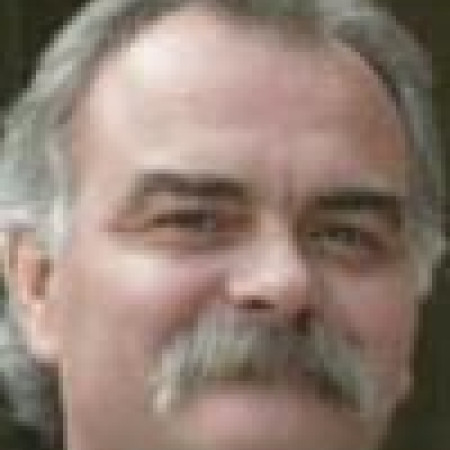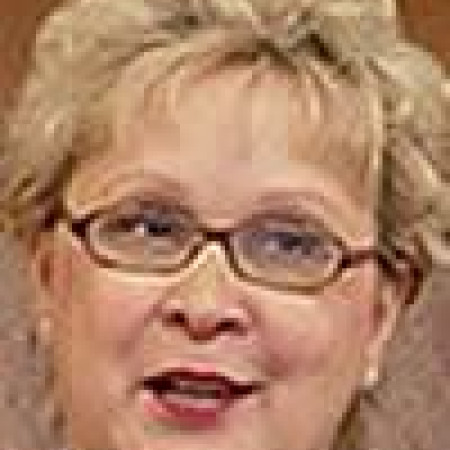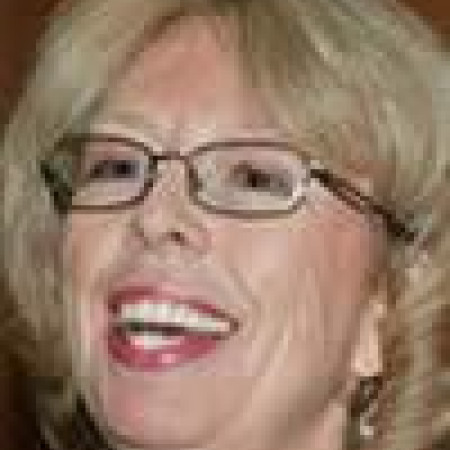The Next Social Leaders - Bridging the Gap Conference
In this panel discussion, social entrepreneur veteran Laura Scher and more recent entrants, Kirsten Gagnaire and Jenny Shilling Stein, offer advice on what it takes to create a successful for-profit or nonprofit organization with a social purpose. The key components, they agreed, are a strong leader, a clear social mission, consistency, and focus.




